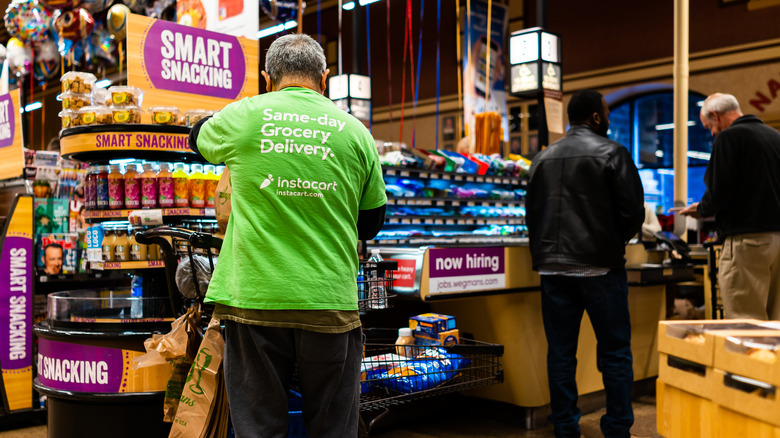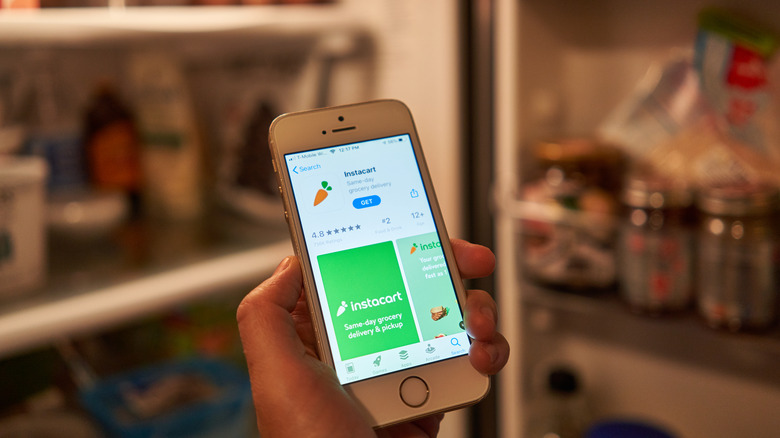Why Instacart Must Pay Washington DC Over $2.5 Million
The Office of the Attorney General for the District of Columbia announced that Instacart had agreed to a settlement that will see the company paying the district $2.54 million, which is very different from the previous $4.65 million settlement Instacart managed to wrangle in 2017.
In 2015, Time covered the beginnings of the first class action lawsuit against Instacart. The issue was that Instacart classified its shoppers as independent contractors when their business model relied upon the shoppers. The accusation was that Instacart insisted on this designation to avoid having to cover expenses like used gas, employment taxes, and insurance. "Just because a worker is directed and controlled by an algorithm that comes through a phone as opposed to a foreman doesn't do anything to change the fundamental relationship of employment," Jonathan Davis, one of the lawyers representing the plaintiffs stated.
However, Class Law Group writes that Instacart managed to settle in 2017. The terms of the settlement had Instacart clarify the difference between a service fee and a tip. It's this agreement that caused the recently-settled lawsuit to arise.
Instacart did not clarify their service fee
In the midst of the first wave of the pandemic, Instacart faced a new lawsuit claiming that it did not explain that an optional service fee had been added between September 2016 and April 2018. The accusation went further, CBS reported, stating that customers believed this fee was used to pay the shoppers tips. The confusion — whether intentional or not — seemed to have emerged from switching the tip option with a flat service fee (per a press release from the Attorney General's office). Customers assumed a flat fee was now being promised to workers. Instead, it was used to pay the corporate end of the company. Additionally, the company had failed to pay a sales tax in six years.
Initially, as CBS noted, Instacart claimed these accusations were without merit. "In our product, we disclose to customers that tips are always separate from and in addition to any service fees, and we clearly indicate that service fees go towards our operations," the company stated. Now, however, Grocery Dive writes that the company will pay $2.54 million as part of their settlement, despite denials of having done anything wrong.
Aside from having to pay, the Office of the Attorney General for the District of Columbia claims the settlement will also require Instacart to no longer deceive customers into thinking the added fees will go to the workers.

